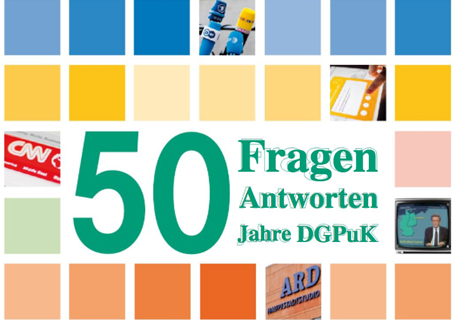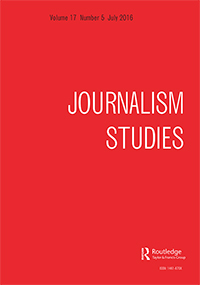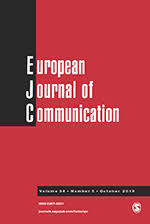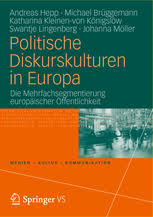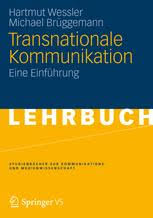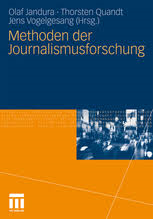Abstract
The framing of climate change in media coverage has been widely studied but the journalists’ role in frame building has not been sufficiently examined. This study identifies journalist frames on climate change: shared patterns of interpretation among journalists that may shape news content. The study surveyed climate journalists from 24 leading newspapers and online outlets in five countries (Germany, India, Switzerland, UK, and the USA). It follows an integrative approach to framing analysis, taking into account broader generic and issue specific frames. It finds that climate journalists form an interpretive community built around a common master frame and five (sub-)frames.

Brüggemann, Michael; Engesser, Sven (2013): Climate Journalists as Interpretive Community: Identifying Transnational Frames of Climate Change. NCCR Working Paper 59. Universität Zürich, Zürich. Available online at http://www.nccr-democracy.uzh.ch/publications/workingpaper/pdf/wp_59.pdf.

